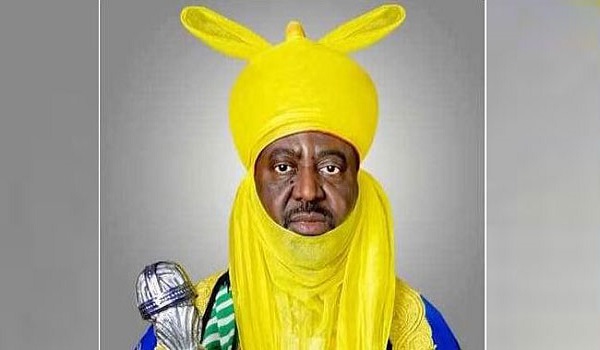The Federal High Court in Kano has nullified all actions taken by the Kano state government to repeal the Kano Emirates Council Law.
The decision impacts the recent political upheaval initiated by Governor Abba Kabir Yusuf, which included the dethronement of Alhaji Aminu Ado Bayero as Emir of Kano.
The controversy began when the Kano House of Assembly repealed the law, leading Governor Yusuf to dethrone Emir Bayero and reverse the creation of four new emirates—Bichi, Rano, Karaye, and Gaya—established by his predecessor, Dr. Abdullahi Umar Ganduje. Additionally, the governor re-appointed Muhammadu Sanusi II, who was dethroned by Ganduje in 2020, as the 16th Emir of Kano.
A legal challenge to these actions was brought forth by Aminu Babba Danagundi, the Sarkin Dawaki Babba and a kingmaker in the former Kano emirate. Represented by his counsel, Chikaosolu Ojukwu (SAN), Danagundi argued that the law was improperly repealed and sought a court declaration to render it null and void.
Presiding over the case, the judge ruled that the Kano State government and the attorney general were aware of a restraining order issued virtually on May 23, 2024. Despite this, they proceeded with their actions under the belief that “the order was made abroad.” The judge emphasised that disobeying court orders threatens democracy, stating, “If court orders are allowed to be disobeyed, anarchy would set in.”
The court ordered that any steps taken by the defendants to implement the repealed law are to be set aside. The judge highlighted that the respondents were aware of the court’s order to maintain the status quo pending the hearing and determination of the motions on notice.
“I have listened to the audio of the governor both in Hausa and English after assenting to the law, and I am convinced that the respondents are aware of the order of maintaining status quo pending the hearing and determination of the motions on notice in the court,” the judge remarked. “Having been satisfied that the respondents are aware of the court order, the court, in the exercise of its powers, set aside an action because it is in violation of the court’s order.”
The judge also indicated a readiness to use coercive powers to ensure compliance with the order, underscoring the seriousness of flouting court directives.
Due to his elevation to the Court of Appeal, the judge transferred the case to Justice Simon Amobeda for continuation.
After the ruling, Danagundi expressed his satisfaction, stating that the decision validated his claim that due process was not followed in the deposition of the emirs and the reinstatement of Sanusi.



